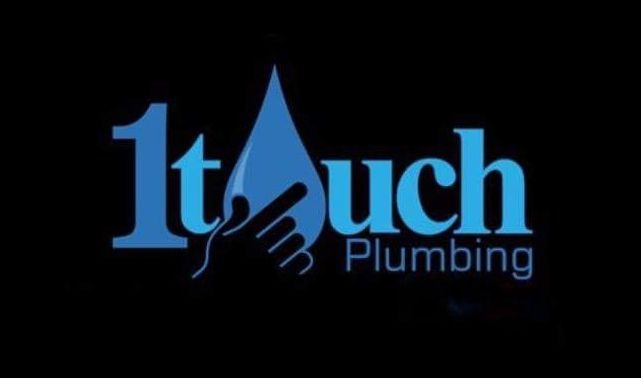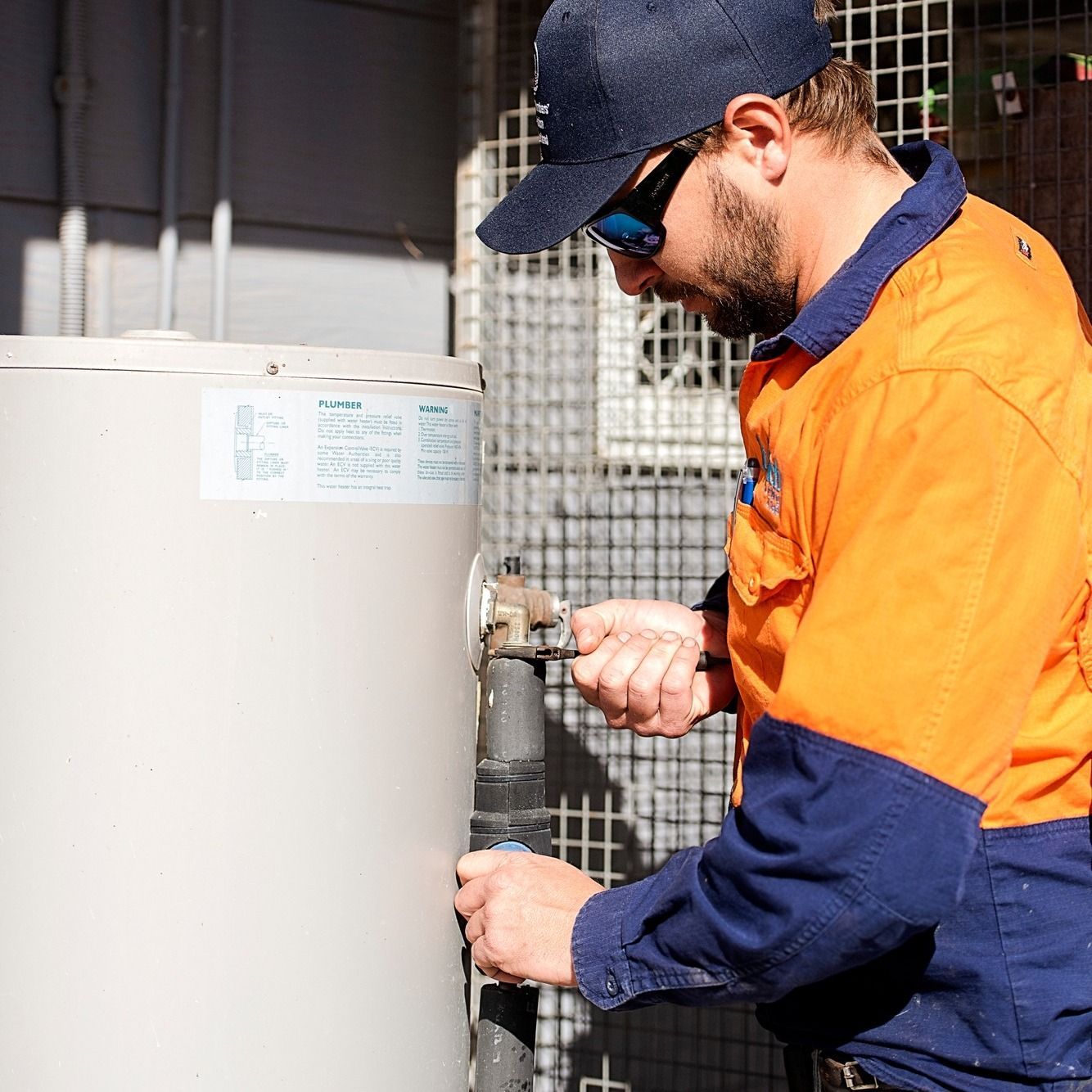Electric Hot Water Systems Townsville
Standard Electric Hot Water Systems
Supplying Townsville with the ever-reliable standard electric hot water systems, we at 1touch Plumbing believe in providing nothing but the best for our esteemed clients. A standard electric hot water system is an amalgamation of a host of components, from the heating element that caters to your on-demand hot water needs to the thermostat that ensures the perfect water temperature.
While the pressure relief valve acts as a protective guard, ensuring things stay within the safe limit, the expansion control valve (ECV) takes it up a notch, ensuring that the pressure in the tank doesn't escalate beyond safe parameters. All these elements work synchronously to ensure an uninterrupted supply of warm comfort in your home.
Got queries? Want to know if this fits within your budget?
Give us a call and get a quote!
Stainless Electric Hot Water Systems
Ever thought of giving your hot water system a sleek upgrade? Discover the world of stainless electric hot water systems with 1touch Plumbing. Operating similarly to the standard electric hot water systems, what sets these apart is the use of stainless steel for the water tank. This robust material not only offers resistance against corrosion but also does away with the need for an anode, saving you on those yearly maintenance costs.
While the stainless-steel heaters might seem like a considerable investment at first, they're a match made in heaven for large, detached homes and commercial systems in Townsville. Interested in exploring this premium option? Reach out to us for a quote today! We also supply
solar and
heat pump hot water systems.












